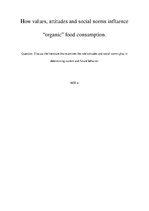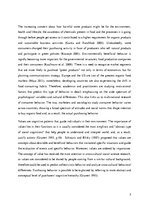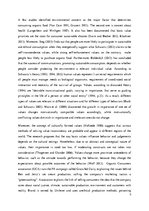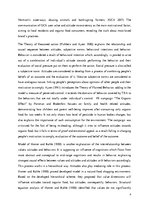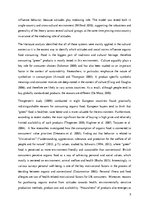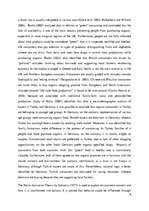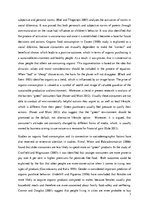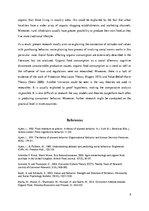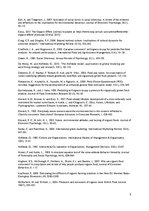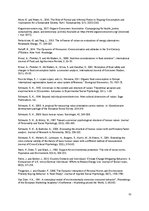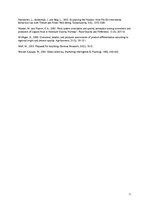-
How Values, Attitudes and Social Norms Influence "Organic" Food Consumption
TOP 500Essays11
Level:
College/University
Literature:
49 units
References:
Not used
Time period viewed:
2016.g. - 2019.g.
Send to email
Your name:
Enter an email address where the link will be sent:
Hi!
{Your name} suggests you to check out this eKönyvtár paper on „How Values, Attitudes and Social Norms Influence "Organic" Food Consumption”.
Link to paper:
https://eng.ekonyvtar.eu/w/281238
Link to paper:
https://eng.ekonyvtar.eu/w/281238
Email has been sent
